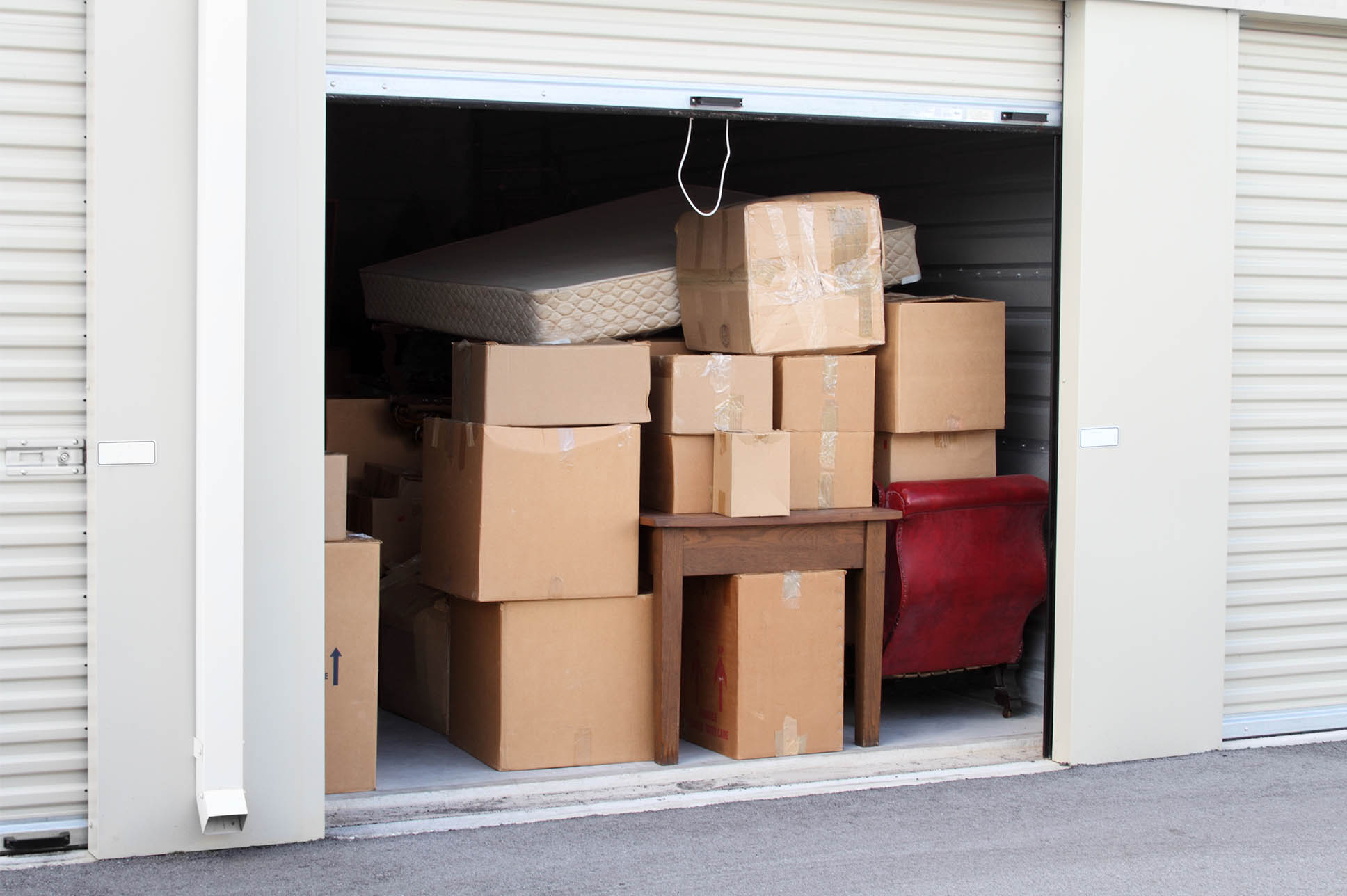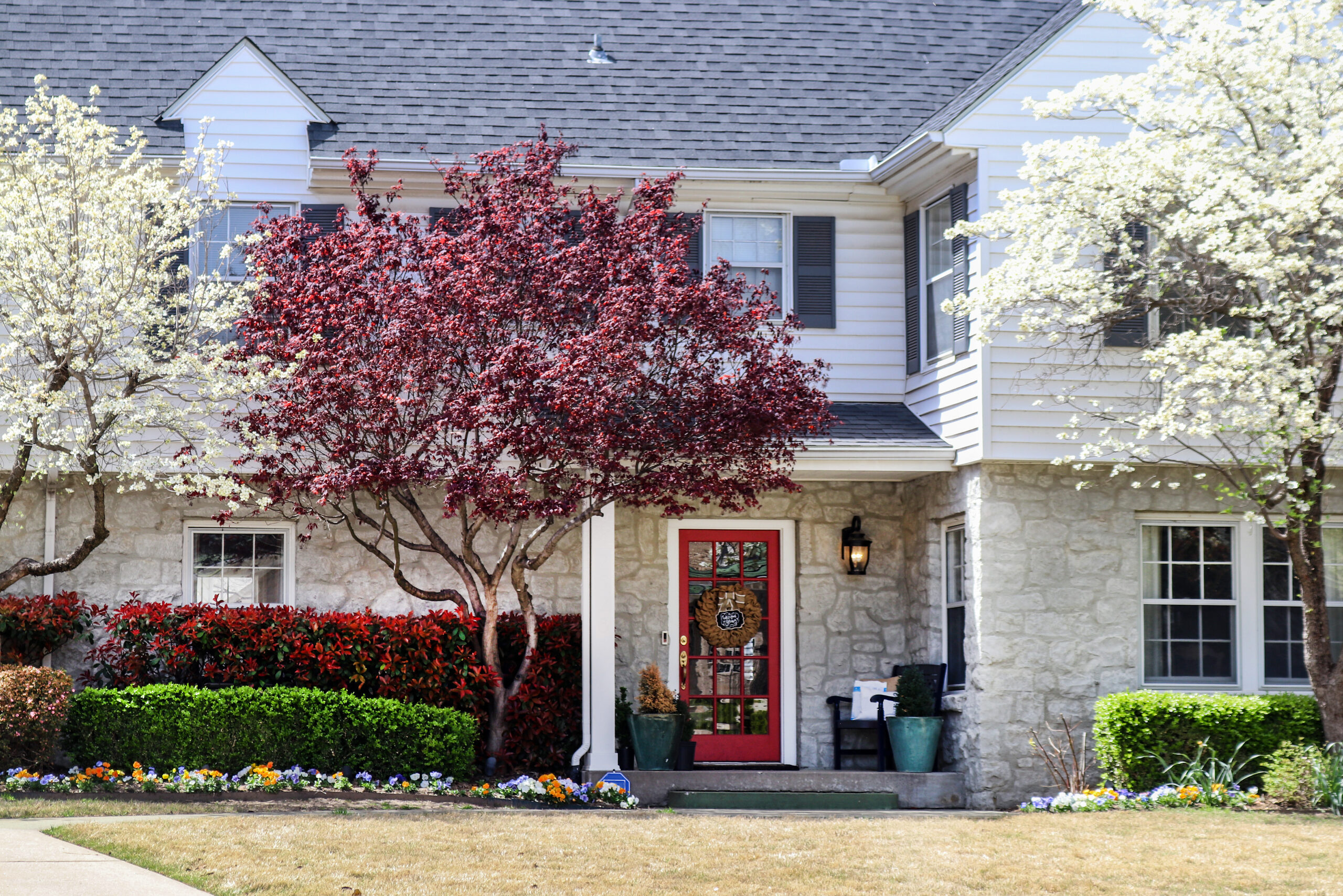How long before a storage unit is auctioned?
In the United States, the average time before a storage unit is auctioned typically ranges from 30 to 90 days of maintaining an outstanding balance, depending on state laws and company policies.
Imagine the frustration of realizing you’ve missed a few payments on your storage unit. Life happens, and before you know it, the storage facility begins the process of auctioning off your belongings.
If you don’t catch up on payments within a set time frame, your items could be sold at auction to recover unpaid fees. This isn’t an uncommon occurrence — 155,000 storage units are auctioned off each year.
Understanding how long before a storage unit is auctioned and how the process works — including how to clean out a storage unit — can help you navigate the situation. Knowing the timeline and steps involved allows you to act quickly and protect your belongings before it’s too late.
How Do Storage Auctions Work?
Storage unit auctions occur when a renter fails to pay for their storage unit within a specified time frame. While the most common reason is unpaid rent, auctions can also happen in cases of the renter’s death or abandonment of the unit.
The timeline for a storage unit auction is typically as follows:
- Initial grace period: After rent is due, most storage facilities offer a brief grace period (usually five to 10 days) to give renters extra time to make the payment penalty-free.
- Late fees and notices: Once the grace period ends, a facility may charge late fees and send initial notices through mail or email. This can last for 15 to 30 days, depending on the facility’s policies.
- Final notice: When the rent remains unpaid, the storage facility sends a final notice, usually 30 to 60 days after the initial due date. This notice warns of the impending auction and provides the renter a final chance to settle the debt.
- Auction preparation: If the renter does not pay or respond after the final notice, the facility begins preparing for an auction. This process includes inventorying the unit’s contents, advertising the auction (as required by law), and setting a date for the sale, which typically occurs 60 to 90 days after the initial missed payment.
Under storage unit auction laws, the facility will attempt to contact the renter before proceeding with the auction to recover outstanding fees. If the renter does not respond or settle the debt, the contents of the unit are sold to the highest bidder, allowing the storage company to recover lost income.
How Long Before a Storage Unit Is Auctioned?
The typical time frame for a storage unit auction in the United States ranges from 30 to 90 days. However, storage unit actions work differently depending on state laws and storage facility policies. All facilities must notify the occupant of default and the impending sale.
Auction Preparation Phases by State
| Auction Prep Phase (Days) | States | Stipulations |
|---|---|---|
| 14 days | California, Maine, Nevada, New Hampshire, South Carolina | Sale can occur 14 days after notice of default |
| 15 days | North Carolina, Texas, Vermont | Sale can occur 15 days after notice of default |
| 30 days | Alaska, Colorado, Delaware, Florida, Hawaii, Illinois, Indiana, Iowa, Louisiana, Massachusetts, Michigan, Mississippi, New Jersey, New Mexico, New York, Oklahoma, Pennsylvania, Rhode Island, Utah | Sale can occur 30 days after default |
| 42 days | Idaho, North Dakota, South Dakota | Sale can occur 42 days after default |
| 45 days | Arkansas, Kansas, Kentucky, Minnesota, Missouri, Nebraska | Sale can occur 45 days after default |
| 60 days | Connecticut, Maryland, Montana, Ohio, Oregon, Tennessee | Sale can occur 60 days after default |
For most states, the grace period is between five and 10 days, though this can vary slightly depending on the facility or contract.
How Are Storage Unit Fees Calculated?
Storage unit fees are calculated based on multiple factors that vary by location, facility, and the type of storage unit. The main elements that determine storage unit prices include:
- Size: The size of a storage unit significantly impacts the price — larger units typically cost more to rent.
- Location: Storage units in high-demand areas like cities or residential neighborhoods incur additional fees.
- Additional features: Some units have extra features like climate control, 24/7 access, or enhanced security, which typically cost more than a standard unit.
- Administrative fees: These are one-time charges that some storage facilities impose after you initially rent a unit covering the costs to set up your rental agreement and processing paperwork.
- Late fees: If you miss or are late on a payment, your account may be subject to additional fees. They are outlined in your rental agreement and accrue the longer the payment is delayed.
Find Affordable Storage Options With SelfStorage
If money is tight and you’re worried about potentially losing your storage unit, it’s important to know how long you have before a storage unit is auctioned.
Understanding the timeline and the facility’s policies can help you take proactive steps, like contacting the storage provider for payment options or extensions or sharing a storage unit with a friend.
It’s equally important to find an affordable storage unit that fits your needs. By selecting the right size and facility, you can minimize costs, reducing the financial strain and avoiding future concerns about losing your belongings.









